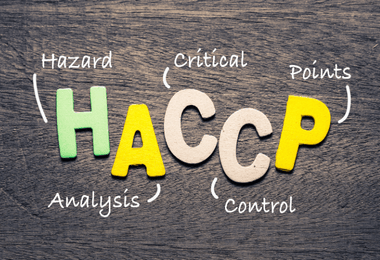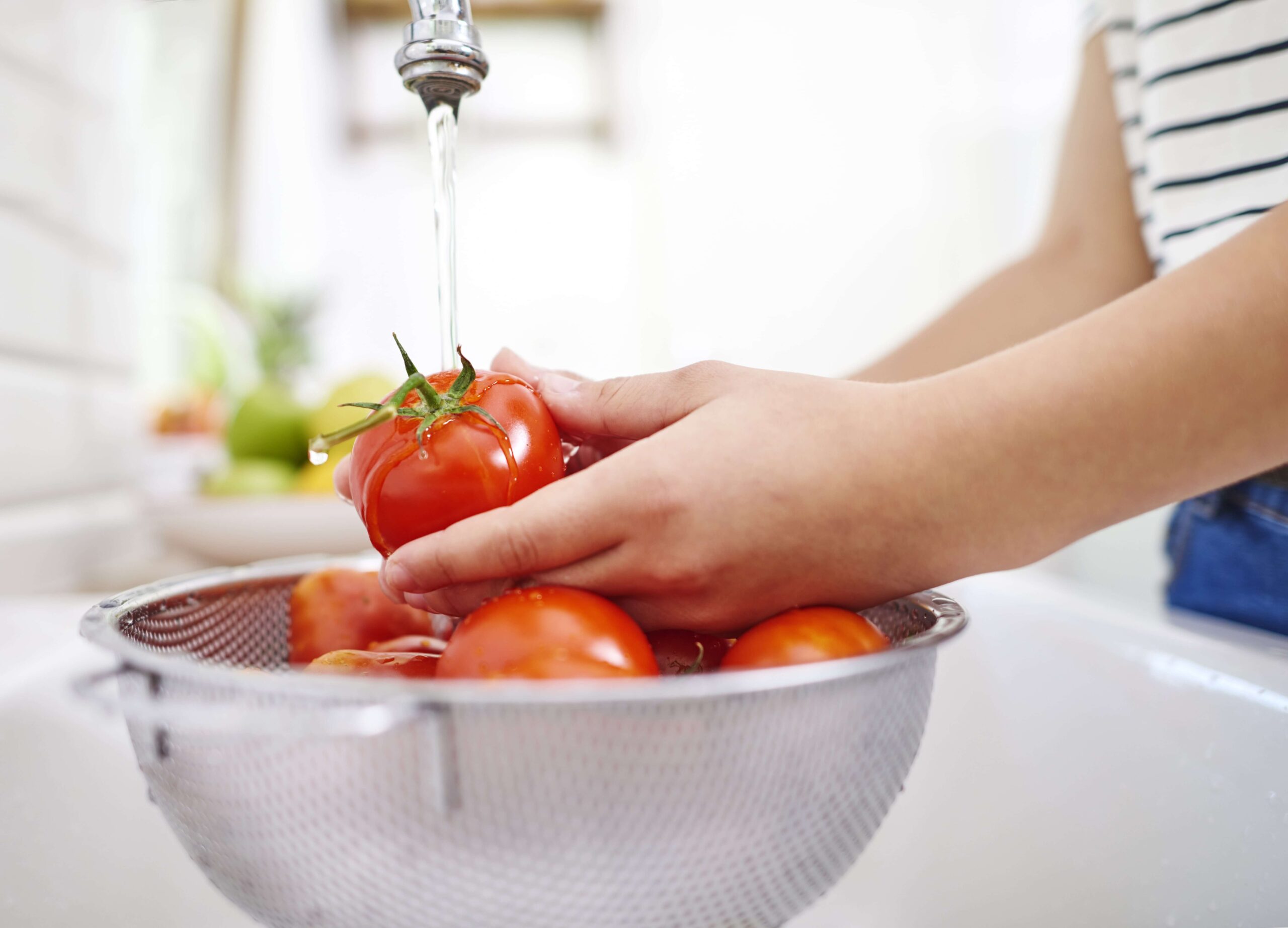Food Hygiene Level 2 & 3
Ensure food safety excellence with our CPD Accredited Food Hygiene 2 & 3 Diploma. From contamination control and allergen management to staff training and emergency response, you’ll gain the expertise to protect customers and meet compliance. Earn a Nationally Recognised qualification and advance your career in hospitality or catering. Enrol today and become a trusted food safety professional.
Overview
Overview
Food safety is a critical priority in the UK, with the Food Standards Agency reporting thousands of cases of foodborne illness each year. The Food Hygiene 2 & 3 Diploma provides the knowledge and skills required to maintain safe food handling practices, prevent contamination, and meet professional standards in hospitality and catering.
Covering a wide range of practical modules, this course explores essential topics including food microbiology, contamination control, allergen management, cleaning protocols, and staff training. Learners will also develop expertise in emergency response, personal hygiene, and food preservation techniques, ensuring they can maintain compliance and protect consumer health in any food business setting.
As a CPD Accredited and Industry Standard Qualification, this diploma strengthens employability across food production, retail, hospitality, and catering industries. Completing the course not only demonstrates professional competence but also supports career progression into supervisory and managerial roles in food safety management.
Learning Outcomes
- Understand fundamental principles and the importance of food hygiene practices.
- Apply effective supervision techniques in food safety management.
- Use industry-standard tools for implementing food safety systems.
- Identify microbial hazards and prevent food contamination risks.
- Recognise causes and prevention of bacterial food-borne illnesses.
- Evaluate non-bacterial hazards, including parasites and chemical contaminants.
- Implement safe waste disposal, cleaning, and disinfection procedures.
- Apply allergen management strategies to protect consumer health.
Why Choose Our Diploma?
- Instantly accessible CPD-accredited certificate on successful completion of this course
- Get a free student ID card with the diploma
- 24/7 access to the course for 12 months
- Study at your own pace
- No hidden fees or exam charges
- Full Tutor support on weekdays (Monday – Friday)
- Efficient assessment and instant results
Who Is This Course For?
- Food handlers and catering staff seeking recognised certifications.
- Supervisors and managers in food production or hospitality sectors.
- Aspiring professionals preparing for roles in food safety compliance.
- Small business owners in catering, restaurants, or food retail.
- Employees required to meet UK food safety training standards.
CPD Certification
Upon successful completion of the final assessment, you will get a chance to order a CPD-accredited certificate confirming your achievement. This certificate is available in PDF as well as hard copy format, which will be ideal for adding to your professional portfolio or CV.
Order your certificate from here: Order Now!
Assessment
The CPD Certified course concludes with a multiple-choice quiz designed to test your knowledge from the modules. You’ll need to achieve at least 60% to pass. Once passed, you can instantly download your certificate. Optional written assignments are also provided to help reinforce key concepts, with expert tutor feedback available on submission.
Description
- Module 01: Introduction to Food Safety
Learn the core principles of food hygiene, legal standards, and safe handling practices to protect consumers and maintain compliance in food businesses. - Module 02: Supervision of Food Safety
Develop supervisory skills to monitor, enforce, and improve food safety practices, ensuring teams follow hygiene protocols and maintain safe environments. - Module 03: Food Safety Management Tools
Explore HACCP systems, audits, and monitoring tools to manage risks, maintain compliance, and guarantee food quality across supply chains. - Module 04: Food Microbiology
Understand microorganisms, pathogens, and spoilage agents affecting food safety, learning control measures to prevent illness and contamination. - Module 05: Controlling Contamination
Master contamination prevention techniques, including cross-contamination control, hygiene barriers, and cleaning methods, to protect food from hazards. - Module 06: Food Poisoning (Bacterial) and Food-Borne Illness
Study bacterial food poisoning causes, symptoms, and prevention strategies to reduce public health risks and ensure safe food production. - Module 07: Food Poisoning (Non-Bacterial)
Examine chemical, parasitic, and natural toxins in food, with methods to detect, prevent, and manage non-bacterial food hazards. - Module 08: Waste Disposal, Cleaning and Disinfection
Learn safe waste disposal, cleaning protocols, and disinfection methods that reduce contamination and maintain hygienic food environments. - Module 09: Food Storage
Understand correct storage methods, including temperature control, stock rotation, and packaging, to extend shelf life and preserve food safety. - Module 10: Allergen Guidance for Food Businesses
Gain knowledge of allergen labelling, staff training, and communication strategies to safeguard allergic consumers and ensure compliance with UK laws. - Module 11: Understanding Food Allergies
Explore common food allergens, symptoms, and emergency response strategies to protect individuals with food allergies in food service environments. - Module 12: Food Safety Training for the Staff
Develop staff training methods that build awareness, responsibility, and compliance with food hygiene standards in catering and hospitality. - Module 13: Kitchen Cleaning
Learn deep-cleaning techniques, daily sanitation routines, and best practices for maintaining professional kitchen hygiene. - Module 14: Personal Hygiene
Understand the importance of personal hygiene, including handwashing, protective clothing, and illness reporting, to minimise contamination risks. - Module 15: Managing Risks and Storing Food
Identify food safety risks, implement control measures, and adopt safe storage practices to reduce hazards and ensure consumer protection. - Module 16: Food Preservation and Processing
Study preservation techniques such as freezing, canning, and pasteurisation to maintain food quality, safety, and shelf life. - Module 17: Emergency Response and Communication
Learn crisis management, emergency planning, and communication protocols to handle food safety incidents effectively and protect business reputation.
Career Path
- Food Hygiene Inspector: £22,000 – £36,000
- Food Safety Officer: £25,000 – £40,000
- Catering Manager: £24,000 – £38,000
- Quality Assurance Technician (Food Industry): £20,000 – £30,000
- Environmental Health Practitioner: £30,000 – £45,000
- Food Production Supervisor: £23,000 – £35,000
Curriculum
- 1 Section
- 17 Lessons
- Lifetime
- Food Hygiene Level 2 & 317
- 1.1Module 01: Introduction to Food Safety
- 1.2Module 02: Supervision of Food Safety
- 1.3Module 03: Food Safety Management Tools
- 1.4Module 04: Food Microbiology
- 1.5Module 05: Controlling Contamination
- 1.6Module 06: Food Poisoning (Bacterial) and Food-Borne Illness
- 1.7Module 07: Food Poisoning (Non-Bacterial)
- 1.8Module 08: Waste Disposal, Cleaning and Disinfection
- 1.9Module 09: Food Storage
- 1.10Module 10: Allergen Guidance for Food Businesses
- 1.11Module 11: Understanding Food Allergies
- 1.12Module 12: Food Safety Training for the Staff
- 1.13Module 13: Kitchen Cleaning
- 1.14Module 14: Personal Hygiene
- 1.15Module 15: Managing Risks and Storing Food
- 1.16Module 16: Food Preservation and Processing
- 1.17Module 17: Emergency Response and Communication




